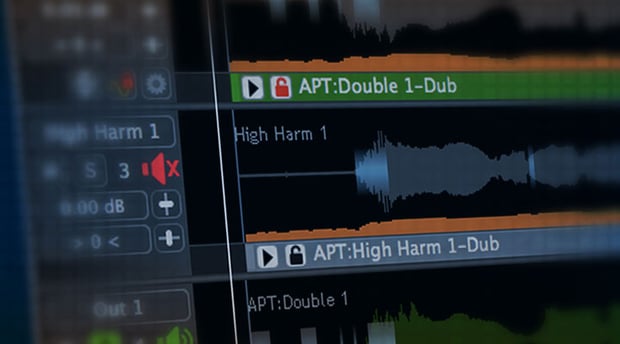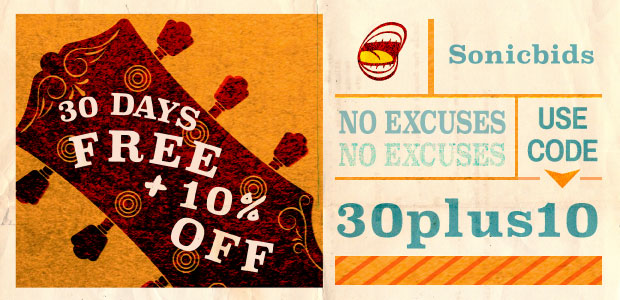 Image via synchroarts.com
Image via synchroarts.com
There are a myriad of digital audio workstations (DAWs) out there, all with their specific target markets, and always the battle rages on about which DAW is best. This discussion may have been slightly different 10 years ago, but as we enter 2016, the capabilities of all of the DAWs on the market, within debatable reason, are able to achieve the exact same sonic results and possess more or less the same feature sets at a broad level. The major differences that remain tend to be workflow related, mainly in their user interfaces, or perhaps the specific mechanism by which users achieve certain results.
The fact remains that most of this software is more than capable of achieving identical results, so why is there an argument in the first place, and why isn't everyone simply running for the cheapest alternative out there?
Reaper: the almost "free" DAW solution
You probably live under some sort of rock if you’ve been in the independent music world for any length of time and haven’t heard someone at least mention Reaper. Reaper is an independently developed DAW from Cockos Incorporated, a company that develops a number of music- and image-related products. Reaper is hands down its most well-known and widely used application.
The biggest deal with Reaper is its pricing strategy. The company has two price points for Reaper: a $60 discounted license if you're using it for personal use (or making less than $20,000 a year with it commercially), and the $225 commercial license. Reaper also allows you an open-ended trial period without having to purchase a license (hence the "free" aspect).
There are some other features that make Reaper unique, such as a highly customizable user interface, but with its latest release, it's come incredibly close in features to being as much of a competitor as the "big boys" on the market. And if that weren't enough, it's also doing it at a price point that no other DAW can really beat.
Sounds like a personal problem
It may seem shocking to someone who doesn't have an end-user perspective as to how this competitor hasn't snapped up a larger market share. The fact is that most DAW users tend to be creatures of habit. It's the same reason you won't see HD DVDs for sale: industries tend to dictate the trends. Pro Tools was the first major DAW to be widely adapted for professional use and continues to be the easiest DAW to use in the professional realm, as that's the format most recording sessions will come to you in.
Regardless of your personal opinion of Pro Tools (or perhaps, more specifically, AVID), it's become sort of a perpetual cycle that makes it difficult for other DAWs to break into the commercial realm on a large scale. In the age of the independent producer/engineer, however, these sorts of constraints don't hold the same weight and allow for some more freedom of choice.
So to answer the previous question as to which DAW is best: it's whatever DAW you can use to achieve the results you’re looking for. Whether that's Pro Tools, Logic, Cubase, Reaper, or any of the others that are out there, the market is reaching a point where it's become more about how you use the software, rather than what the software itself does. Take the time to assess your own DAW needs, and find what works for you, rather than worrying about who uses which one, and who says which DAW is "best." Just get in there and make some music.
[Which DAW Should You Choose?]
Aaron Staniulis is not only a freelance live sound and recording engineer, but also an accomplished musician, singer, and songwriter. He has spent equal time on both sides of the microphone working for and playing alongside everyone from local bar cover bands to major label recording artists, in venues stretching from tens to tens of thousands of people. Having seen both sides at all levels gives him the perfect perspective for shedding light on the "Angry Sound Guy." You can find out more about what he’s up to at aaronstaniulis.com.


